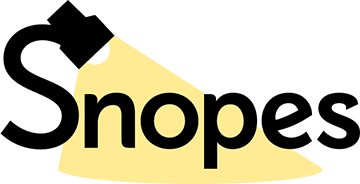What can Jewish teachings tell us about consuming and sharing news?
What is fake news?
read about a purveyor of fake news: read about what makes news trustworthy or not:
Consider...
|
"From Headline to Photograph, A Fake News Masterpiece."
"Lawmaker Fires Aide Behind Fake News Site." "Meet the Mysterious, Facebook-Verified Page Pushing Fake News to Nearly 5 Million Followers" — Media Matters for America What do we do about the proliferation of fake news? We can evaluate the sources of stories we encounter. The American Press Institute's guide "Six questions that will tell you what media to trust" provides a structure for vetting stories and sources on a case-by-case basis. The API's "Journalism Essentials" is a guide to what professional journalists do and how they do it. "The Essence of Journalism Is a Discipline of Verification" explains why the term "fake news" is an oxymoron. CSUN Professor Bobbi Eisenstock created a website for students in her courses: BeMediaLiterate.com. Snopes.com plays a newly important role in our overheated media landscape: "For Fact-Checking Website Snopes, a Bigger Role Brings More Attacks." |
Photo used under Creative Commons from Christoph Scholz

